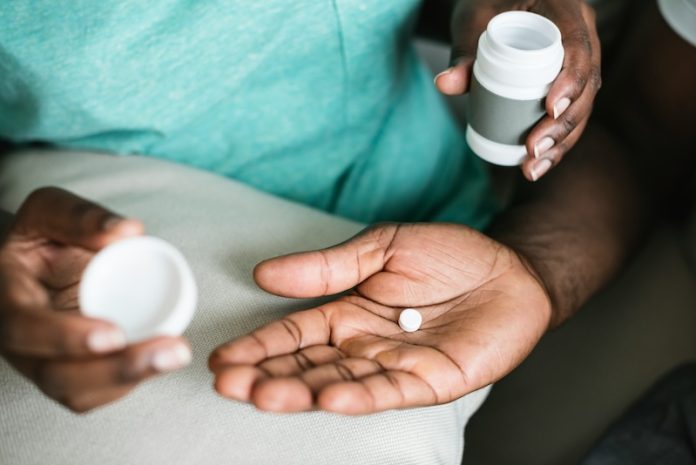
Heart disease is the leading cause of death worldwide — and in the United States, it claims a life every 34 seconds. That’s according to the Centers for Disease Control and Prevention (CDC), which tracks the nation’s health trends.
To lower the risk of heart disease, especially heart attacks and strokes, doctors often prescribe medications called statins. These drugs help reduce the level of “bad” cholesterol (LDL) in the blood, which can clog arteries and lead to serious heart problems.
Statins have been proven to save lives. But a new study has found that many people, even those at high risk, are saying no to this potentially life-saving treatment.
Researchers at Brigham and Women’s Hospital studied more than 24,000 patients who were at high risk of heart disease. These patients had health conditions like diabetes, very high cholesterol, or had already suffered from a stroke — all of which made them strong candidates for statin therapy. Doctors recommended statins to every one of them.
Surprisingly, over 20% of these patients refused to take the medication, even after it was clearly explained how statins could help. In fact, about one in three people never even tried statins. Those who did not start the medication took three times longer to bring their cholesterol down to a healthy level, putting them at greater risk for future heart problems.
The study, published in JAMA Network Open, also found something else surprising: women were significantly more likely than men to reject statins.
Women were 20% more likely to refuse statins when their doctor first suggested them and 50% more likely never to accept the treatment at all. Researchers think one possible reason is that many women still believe heart disease mostly affects men — a dangerous misconception.
Dr. Alex Turchin, one of the researchers behind the study, says understanding why patients reject statins is just as important as tracking how often it happens.
He believes doctors need to take more time to talk with patients, ask about their worries, and offer clear, respectful explanations. This kind of “patient-centered care” could help more people accept treatments that are proven to work.
Statins do have side effects in some people, such as muscle pain or digestive problems, but for most patients, the benefits outweigh the risks. Still, some people may be afraid of taking medicine long-term or worry about what they’ve heard from friends or online sources. This shows why good communication between doctors and patients is essential.
The team is now doing more research to see what refusing statin therapy means for patients over time — including how it affects their risk of heart attacks, strokes, or even early death.
As Dr. Turchin explains, many people don’t realize just how much modern medicine has improved both life expectancy and quality of life. Statins are a good example of a treatment that can make a big difference, but only if people are willing to use them.
If you’re concerned about your heart health, there are other steps you can take, too. Studies show that regular exercise, eating eggs in moderation, and maintaining a healthy diet can also support heart health. But if your doctor recommends statins, it’s worth having an open, informed discussion before making a decision.
In the end, protecting your heart isn’t just about saying yes to medicine — it’s about saying yes to a longer, healthier life.
If you care about heart health, please read studies about how drinking milk affects risks of heart disease, and herbal supplements could harm your heart rhythm.
For more information about heart health, please see recent studies about how espresso coffee affects your cholesterol level, and results showing Vitamin K2 could help reduce heart disease risk.
Copyright © 2025 Knowridge Science Report. All rights reserved.



